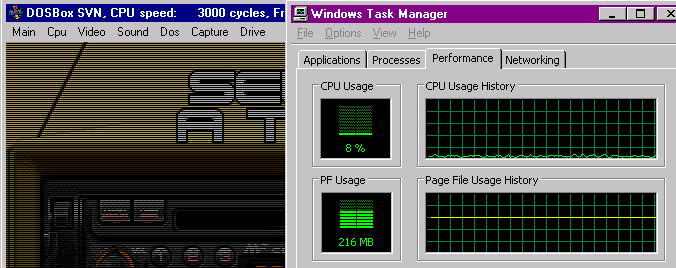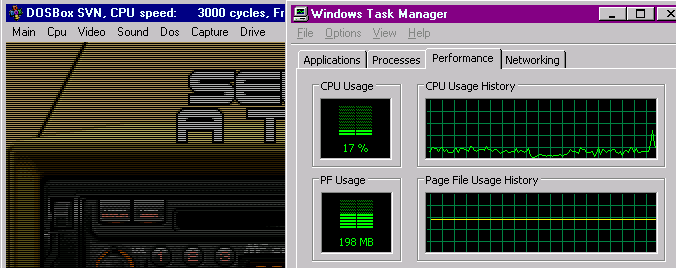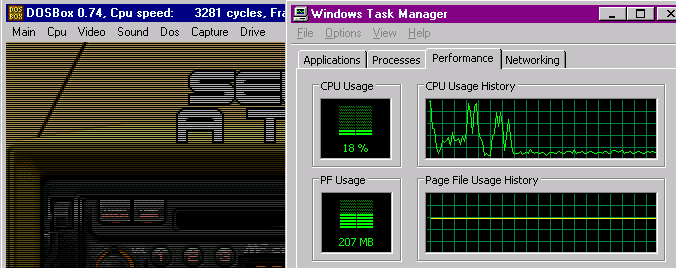First post, by theelf
- Rank
- Oldbie
Hi, a question
My computer is a Athlon XP 1ghz
Munt 1.0.0, 1.1.1 or 1.2.0 run slow like hell
But Daum builds of Dosbox http://ykhwong.x-y.net/ that have MT-32 integrated, run and sound like heaven!!
For example:
4Dsport boxing = adlib + ntvdm + vdmsound = GREAT
4Dsport boxing = MT-32 + ntvdm + munt = SLOWWWWW
4Dsport boxing = MT-32 + Daum Dosbox = GREAT
I tried a lot of games, and same happen
Whats the problem? Daum build use a old version of munt? or is not munt? because, I dont understand, in DOSbox everything is emulated, and still, the speed is great
Someone have a idea??
I preffer to use ntvdm if possible, dosbox have too much tearing
Thanks


